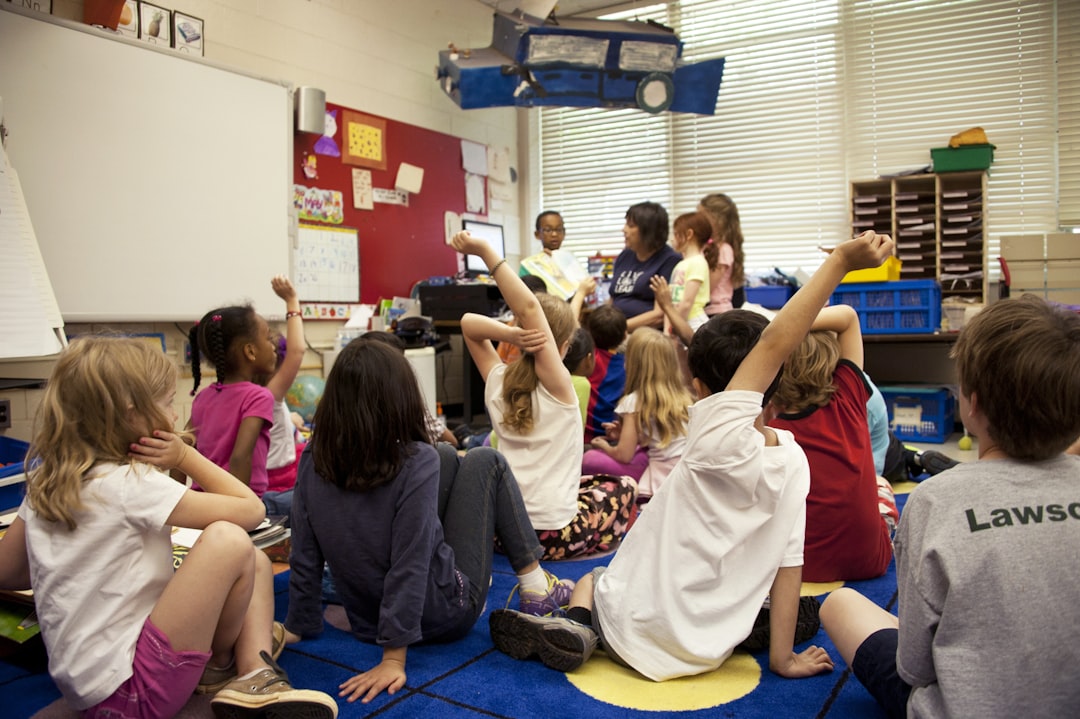What is it about?
The two-way immersion program Filière Bilingue (FiBi) is a choice-based educational alternative in a Swiss public school that integrates French-speaking, German-speaking and allophone learners (having neither French nor German as a first language or as first languages). Our longitudinal study reports findings of oral proficiency development of K-4 learners of the Swiss two-way immersion program in this highly multicultural context.
Featured Image

Photo by Agence Olloweb on Unsplash
Why is it important?
Our longitudinal study reports findings from statistical analyses of FiBi learners’ oral proficiency development in French and German (n=138) and their monolingually taught peers (n=94) by means of 1173 interviews during their first four years (K-4). Findings show that FiBi learners’ performance in their registration language is significantly higher than in control classes during Kindergarten. Allophone learners’ performance of both groups impressively increases but FiBi allophone learners’ performance appears to be significantly higher compared to their monolingually taught peers. Regarding the partner language, performance in French of K-4 German-speaking FiBi learners impressively improves. Probably due to the diglossia, performance in German of French-speaking FiBi learners also significantly increases although less impressively.
Read the Original
This page is a summary of: Oral proficiency development of K-4 learners of the Swiss two-way immersion program FiBi (Filière Bilingue) in a highly multicultural context, International Journal of Bilingual Education and Bilingualism, October 2019, Taylor & Francis,
DOI: 10.1080/13670050.2019.1675583.
You can read the full text:
Contributors
The following have contributed to this page










